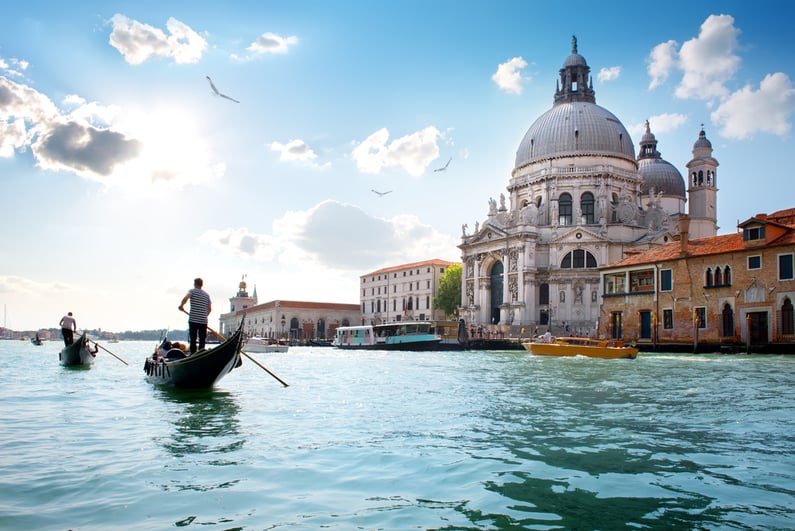Italian authorities are planning to issue as many as 120 online gambling licenses before the end of the year.
Although the new government is opposed to gambling, the application process began in January when the previous regime was in power.
The gaming regulator in Italy, Agenzia delle Dogane e dei Monopoli (ADM), announced that as many as 120 online gambling licenses issued.
This process is nearing its closing stages, and those who are awarded license will be notified before the end of the year. These licenses will be valid through December 31, 2022.
Turbulence in Italian gambling sector
There was a change in government after the general election in March, which came after President Mattarella dissolved the previous parliament at the end of 2017.
The resulting election led to the formation of a coalition. The Five Star Movement, an anti-establishment group, received the most votes. It took three months for a coalition to be agreed upon between the Five Star Movement and the right-wing League party.
The coalition is opposed to gambling and has already made many changes in the domestic sector. Their biggest move so far has been to ban advertising by gambling operators.
Part of the Dignity Decree, the ban will be implemented at the start of 2019. Google has already complied with this decree and removed gambling-related advertisements from its Italian site.
The government has also discussed trying to persuade other European nations to do the same. Italy is the first European country to introduce such a ban, saying that gambling ads help to destroy families.
As part of the ban, gambling companies are no longer allowed to sponsor sporting teams because that’s a form of advertising. Gambling companies sponsor 12 of the teams in the Serie A (the leading football league in Italy).
If this ban is implemented in January, it will mean that many of the teams will struggle to reach the financial fair play rules that are required by FIFA. AC Milan has already failed to meet the FIFA break-even requirement. A fine of 5% of the sponsorship value or £45,000 is imposed on those who fail to comply.
Because many key political figures have links with the gambling sector, there is a lot of outrage about this issue. Former Prime Minister Silvio Berlusconi, for example, owns Mediaset, which will lose substantial revenue when the ban goes into effect. Italian teams will struggle to be competitive if they cannot find alternative sponsors.
A transition period gives teams until June 30, 2019, before they have to terminate their associations with gambling sponsors.
The Italian gambling sector brought in revenues of nearly £17bn ($22.5bn) in the most recent recorded year; it will be interesting to see how much of an impact the new advertising ban has on their fortunes.
New online gambling licenses
Specifically, the tender that started in January was for the “setting up of the operation of online gaming platforms.”
This category includes pool and fixed-odds betting options for sporting events, skill games that offer cash prizes (lotteries are not included, but poker, along with casino and card games, are permitted), fixed-odds wagering between different players, and bingo.
A total of 120 licenses have been put up for grabs by ADM. About a third of them will likely be given to operators already in the market whose licenses have expired.
The deadline for applications to be submitted is March 19, 2019. However, the ADM want this process to being as soon as possible, and licenses will be given out on a first-come, first-served basis.
With the gambling advertising ban in place, the anticipated number of applicants is expected to fall short of the 120 available licenses.
Because it will be almost impossible to advertise their services properly, new operators face a massive barrier to entry. How can they expect to gain new customers and increase their exposure if they are not allowed to advertise?
The license fee is £175,000 ($231,000). Approximately two-thirds of the 120 licenses are expected to be issued, which would bring in £14m ($18.5m) in license fees. If all 120 licenses are issued, the amount would be £21m ($28m).




